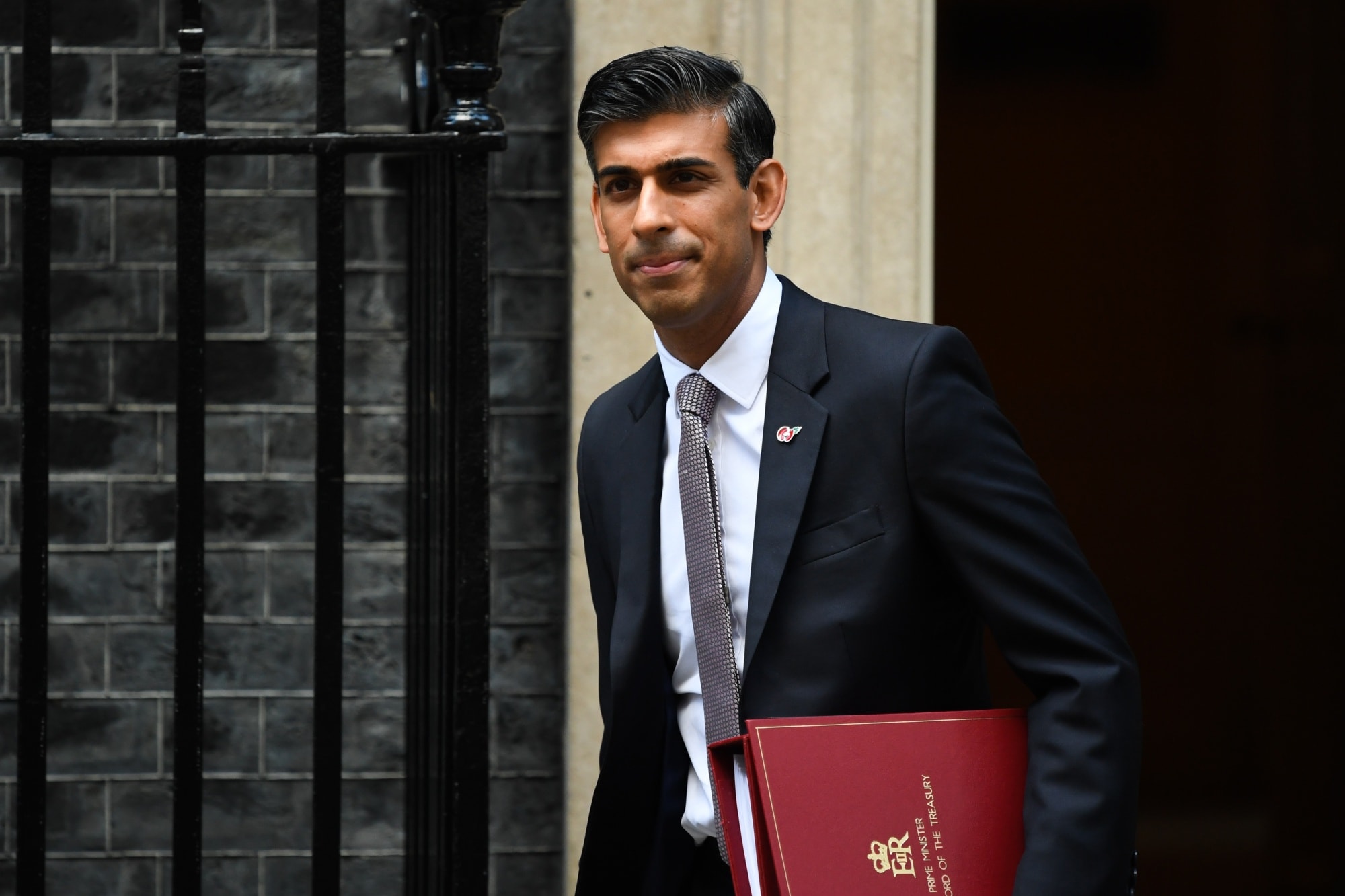British Prime Minister Rishi Sunak’s tax report, unveiled by his accountants, reveals that he paid £508,000 in taxes during the last fiscal year. The report sheds light on Sunak’s considerable income from investments, which far exceeds his earnings from his parliamentary salary.
Sunak’s financial portfolio includes substantial capital gains, particularly from sales of investments like stocks, which constituted a significant portion of his tax liability.
Sunak’s total income from investments amounted to £2.1 million, with £1.8 million attributed to capital gains, representing an increase from the previous year. Notably, around 70% of Sunak’s tax payments stemmed from capital gains tax on profits generated from investment sales.
Despite lacking an obligation to disclose such details, Sunak opted for transparency regarding his personal finances. His accountants, Evelyn Partners, noted that all of Sunak’s investment income and capital gains are linked to a single US-based investment fund.
However, Sunak faced criticism this week following a £1,000 bet with broadcaster Piers Morgan concerning the government’s plan to relocate asylum seekers to Rwanda before the next general election.
Opponents condemned the bet as distasteful, arguing that Sunak’s ability to casually place such a large wager underscored his detachment from average voters.

In response to the criticism, Sunak reiterated his commitment to financial transparency while facing scrutiny over his investment-driven wealth and his interactions with the media.
Despite the controversy, Sunak remains focused on his duties as prime minister while navigating the complexities of public perception and political discourse.
Through these financial disclosures and ensuing debates, Sunak’s approach to transparency and accountability comes into sharper focus amid ongoing discussions about wealth, privilege, and political responsibility in British society.





